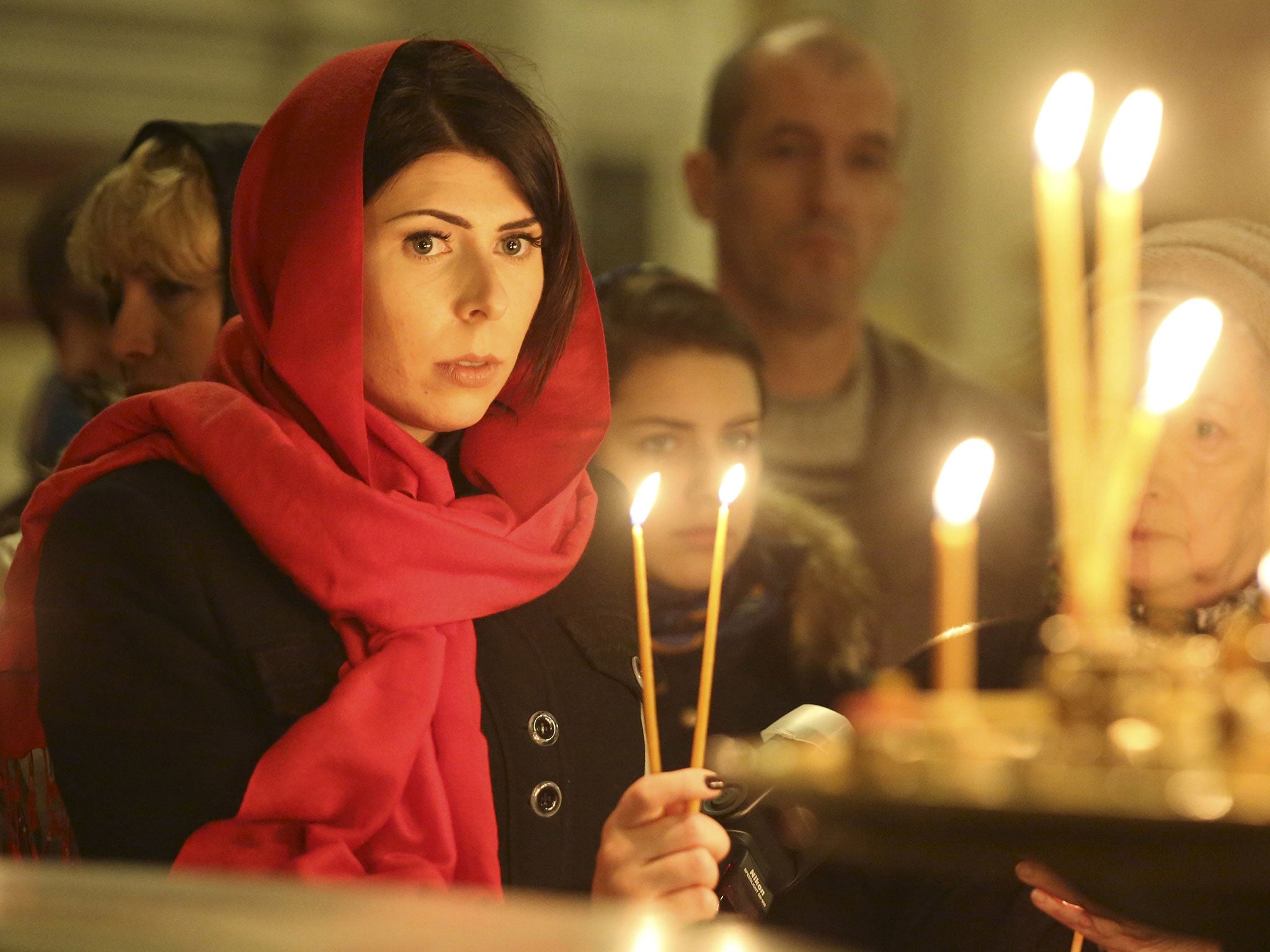Russian plane crash: Philip Hammond raises prospect of 'Belfast-style' security checks for airports
Foreign Secretary suggests ultra-stringent checks could be introduced across Middle East, Africa and Asia

Your support helps us to tell the story
From reproductive rights to climate change to Big Tech, The Independent is on the ground when the story is developing. Whether it's investigating the financials of Elon Musk's pro-Trump PAC or producing our latest documentary, 'The A Word', which shines a light on the American women fighting for reproductive rights, we know how important it is to parse out the facts from the messaging.
At such a critical moment in US history, we need reporters on the ground. Your donation allows us to keep sending journalists to speak to both sides of the story.
The Independent is trusted by Americans across the entire political spectrum. And unlike many other quality news outlets, we choose not to lock Americans out of our reporting and analysis with paywalls. We believe quality journalism should be available to everyone, paid for by those who can afford it.
Your support makes all the difference.Airport security across the world will have to be overhauled – leading to higher fares and increased delays if it is proved the Sinai air crash was caused by a bomb, the Government has said.
The warning from the Foreign Secretary, Philip Hammond, raises the prospect of ultra-stringent “Belfast-style” baggage checks becoming a requirement at airports across the Middle East, Africa and Asia in order to counter the threat posed by Isis and other extremists. The move could lead to increased check-in times of up to five hours becoming commonplace.
With some 14,000 British tourists continuing to wait for flights to bring them home from Sharm el-Sheikh, a member of the Egyptian team investigating the crash told Reuters it was now “90 per cent sure” that a Russian Airbus A321 was brought down on 31 October by an explosive device. Previously the Egyptians have insisted they are still “considering all scenarios” as to what destroyed the St Petersburg-bound flight, killing all 224 on board.
Mr Hammond reaffirmed the view of the British authorities that it was “more likely than not” that the Metrojet plane was destroyed by a device planted on board before it took off eight days ago – and acknowledged that a consequence of such an attack would be a shake-up of aviation security in all countries facing a threat from Isis.
Since the crash, reports have emerged from multiple sources of lax security at Sharm el-Sheikh airport with attention focusing on the theory that a bomb may have been smuggled on board in hold luggage or even in an on-board catering trolley.
Mr Hammond told the BBC’s Andrew Marr Show: “If this turns out to be a device planted by an Isil [Isis] operative then clearly we will have to look again at the level of security we expect to see in airports in areas where Isil is active.
“What we have got to do is ensure that airport security everywhere is at the level of the best and that airport security reflects the local conditions, and where there is a higher local threat level, that will mean higher levels of security are required.
“That may mean additional costs; it may mean additional delays at airports as people check in.”
Travellers flying in and out of Sharm el-Sheikh are likely to be the first to experience the tougher screening procedures if, as expected, British security experts declare themselves satisfied with improved checks at the airport and recommend the lifting of the current ban on normal flights.
But the ability of Isis to export its doctrine and techniques beyond Syria means any security overhaul is likely to be also required in other countries under threat from the group such as Tunisia or Turkey, as well as nations facing similar Islamist threats such as Kenya and Bangladesh.
The new measures could include techniques last seen in Britain at the height of the Troubles in Northern Ireland when flights to and from Belfast during the 1980s had baggage destined for the hold hand-searched and sealed with tamper-evident tape.
Such an operation is time-consuming and would lead to greatly extended check-in times similar to those being suffered by UK travellers in Sharm el-Sheikh. British Airways is advising its passengers to arrive at the airport five hours before departure.
It is almost inevitable that airlines would seek to recover the extra cost of such searches from increased air fares.
A demand from London for such a tightening of regulations will do little to improve strained relations with the Egyptians, who have complained that Britain failed to share intelligence about the Isis threat and made a snap decision in halting flights. The Independent understands that Cairo was in fact given warning of the move when the Prime Minister David Cameron called Abdel-Fattah al Sisi prior to the Egyptian President’s arrival in London last week.
Join our commenting forum
Join thought-provoking conversations, follow other Independent readers and see their replies
Comments